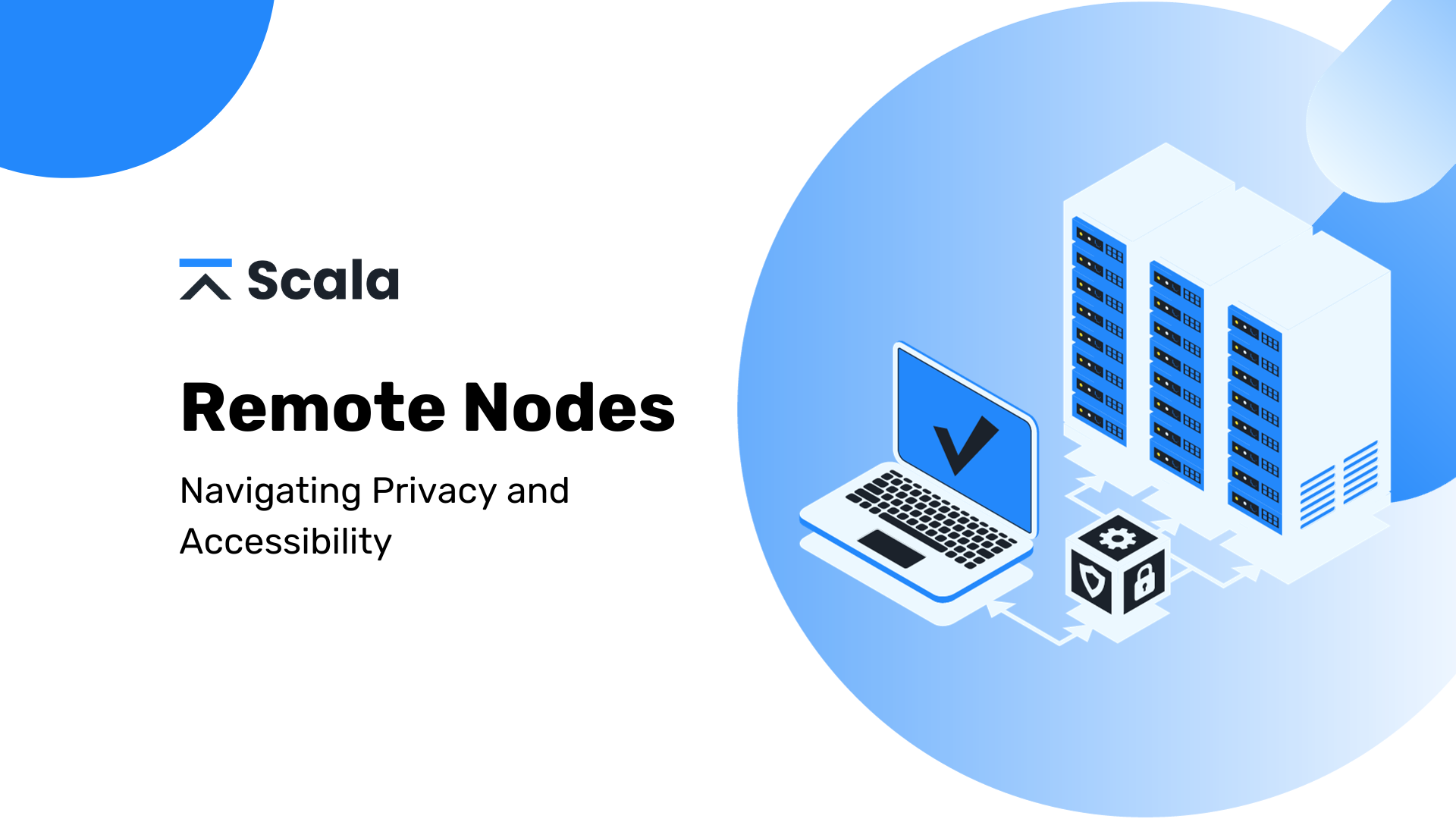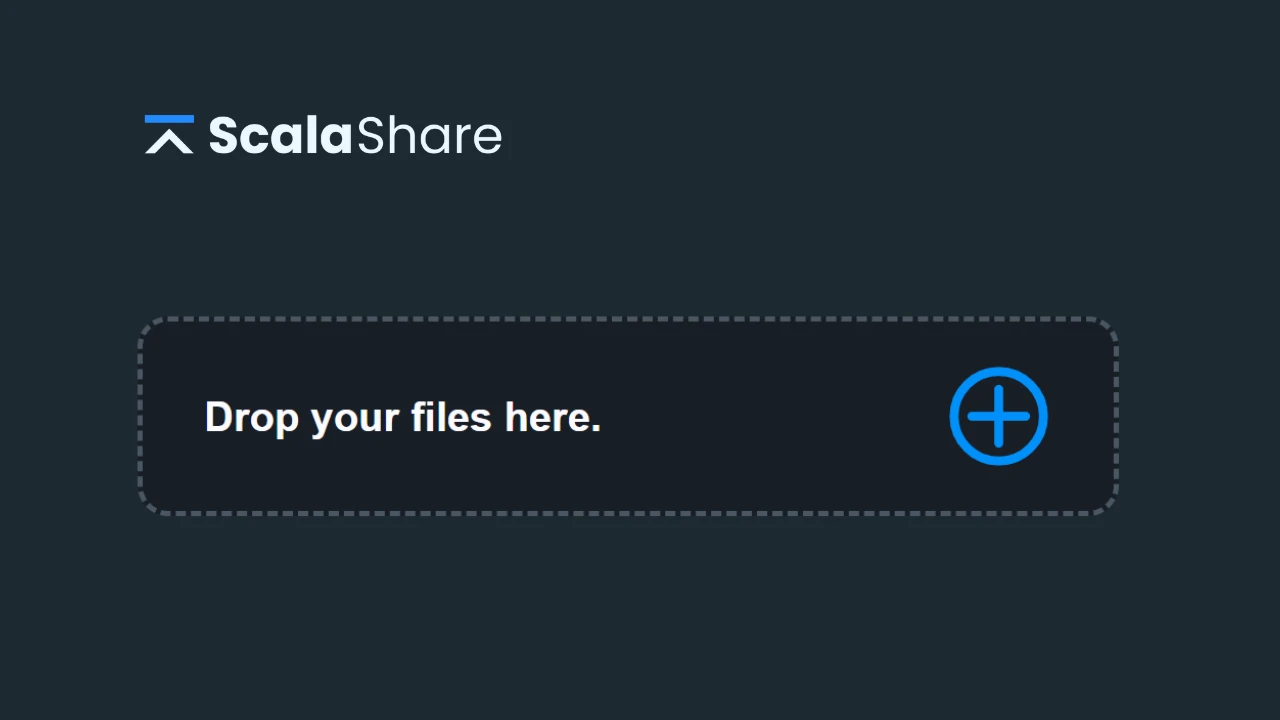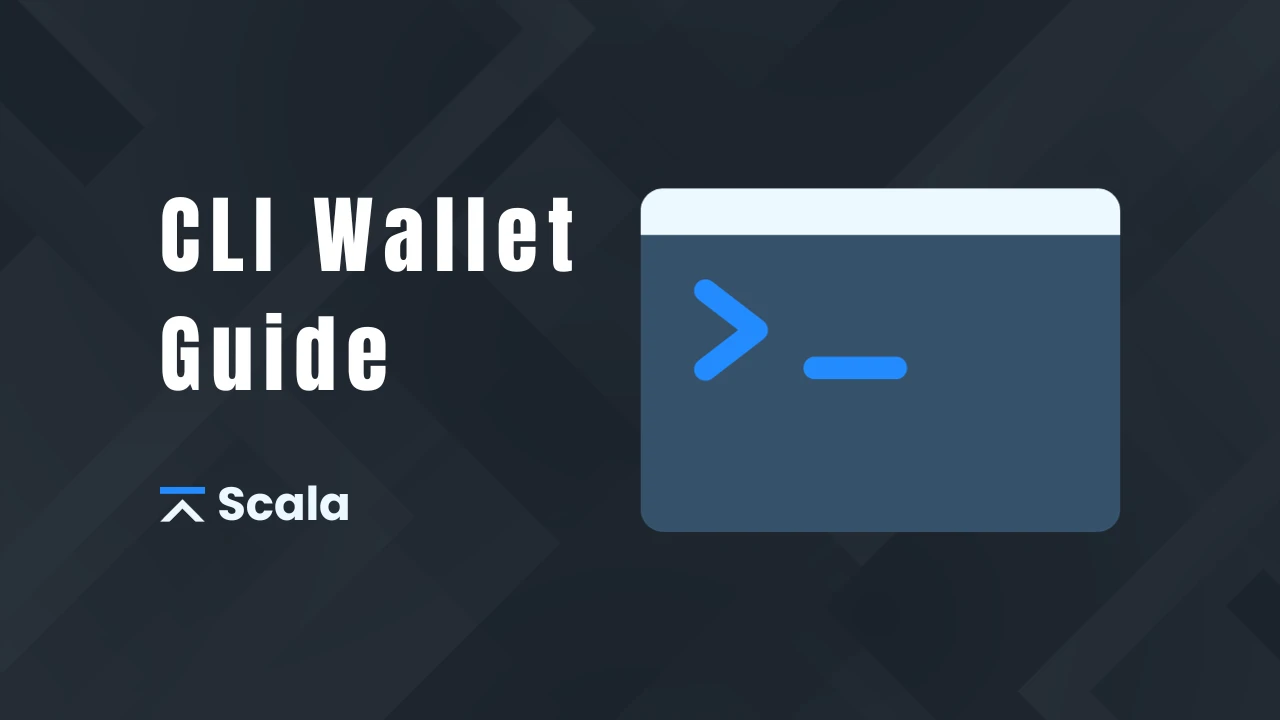
In the realm of Scala, a node operating separately from your local machine is aptly termed a “Remote Node.” Scala’s remote nodes can be classified as private or open, each catering to distinct user preferences and requirements.
Private Remote Nodes: Empowering Control Beyond Local Boundaries
A private remote node in Scala doesn’t reside on your local machine, yet it grants you complete control. Picture a scenario where the node runs on a Virtual Private Server (VPS) or a dedicated server. Although it operates independently of your local setup, you retain authority over it. In fact, you have the option to transform it into an open node, inviting external connections.
Open Remote Nodes: Accessibility at the Expense of Privacy
On the flip side, an open remote node is a gateway for individuals who, due to hardware limitations, disk space constraints, or technical proficiency concerns, opt not to run their own node. This category of nodes is often referred to simply as “remote nodes.” Leveraging an open node enables instant transactions without the need to download and sync with the entire Scala blockchain. However, this convenience comes at a price – a compromise on privacy. The Scala community strongly advocates running your own node for maximum privacy and to contribute to the decentralization of the network.
Public Nodes in Scala: Bridging Gaps and Enhancing User Experience
Public nodes play a pivotal role in facilitating user access to the Scala network. Anyone can make a node public effortlessly. By adding the flag “–public-node” to the daemon, the node becomes visible on the P2P network. Users can then connect to it, or to another public node utilizing the same method, through the GUI or CLI wallets.
However, it’s crucial to be cautious when using public remote nodes. Scala users should be aware of potential risks such as node operators linking transactions to IP addresses. While these risks can be mitigated, the overarching recommendation remains: whenever possible, run your own node to ensure both security and privacy in the Scala network.
List of Remote Nodes
Here is an official and updated list of remote nodes for Scala:
- remote.one.scala.network:11812
- remote.two.scala.network:11812
- scala.fastnode.eu:11812
- 164.68.115.234:11812
Conclusion: Striking the Right Balance
In the evolving landscape of Scala, understanding the nuances of remote nodes is essential for users aiming to strike the right balance between accessibility and privacy. Whether opting for a private node for full control or leveraging public nodes for immediate transactions, users contribute to the dynamic and decentralized nature of the Scala network.



